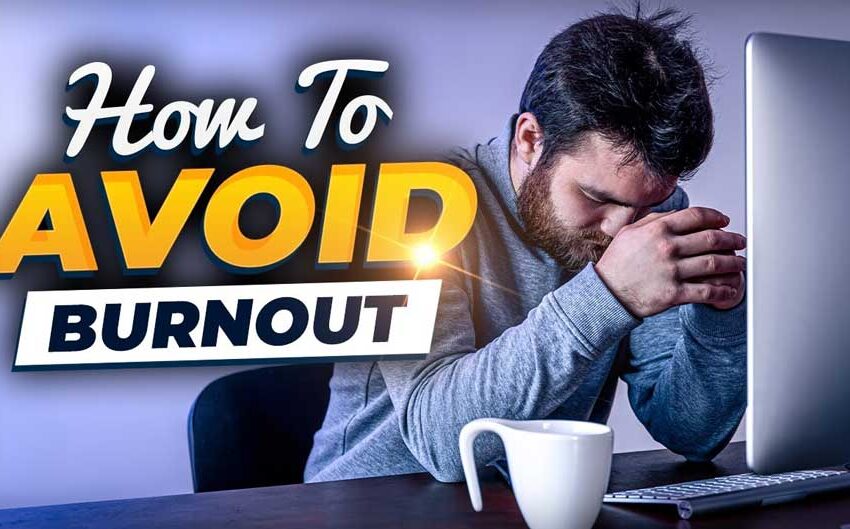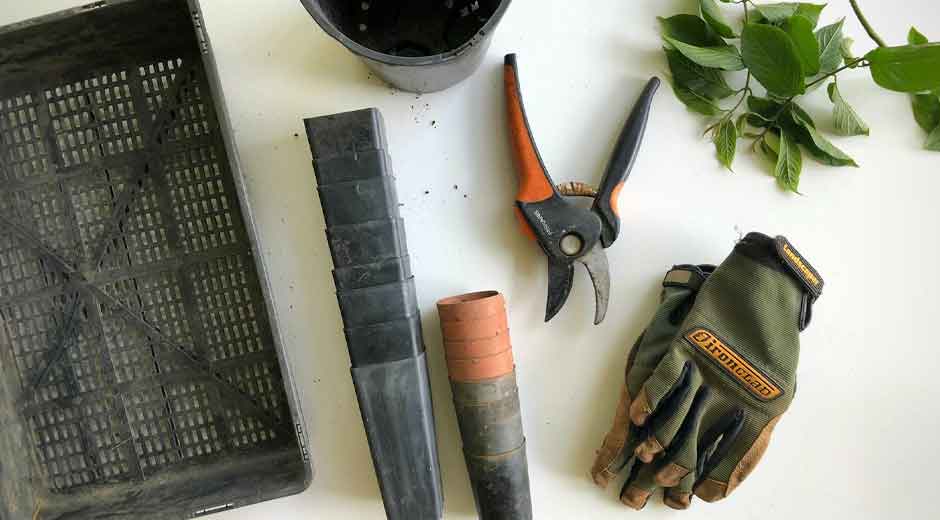Is It Even Possible To Avoid Burnout Anymore? What You Haven’t Tried Yet Might Actually Help

You don’t need a full-blown breakdown to realize something’s off. Maybe it’s the way your mornings feel heavier than they used to. Or how you scroll on your phone for forty minutes just to delay getting out of bed. Maybe you’ve started snapping at the people you love, or maybe you’re going quiet instead, pretending everything’s fine. Burnout doesn’t show up all at once. It creeps. It starts with tiny shifts—your energy, your patience, your joy—and then one day, everything feels flat and heavy and off.
Burnout isn’t about being lazy or weak. It’s about carrying too much for too long with no real place to set it down. And right now, a whole lot of people are trying to carry way too much. But here’s the good news: burnout doesn’t have to be permanent. You can’t always quit your job or move to a cabin in the woods, but there are other ways back to yourself that don’t require starting over from scratch.
Reclaiming Your Day Without Starting From Scratch
The first thing most of us do when we feel burned out is power through. Push harder. Drink more coffee. Schedule less sleep and tell ourselves it’s temporary. That approach usually backfires. Burnout recovery isn’t about doing nothing—it’s about doing less of what drains you and more of what helps you feel like a person again.
But what actually helps? It’s going to look a little different for everyone, but one of the easiest ways to start is by taking back pieces of your day. That might mean eating lunch without checking your inbox or walking the dog without listening to a podcast that’s secretly just more work in disguise. You don’t have to overhaul your routine overnight, but you do need to carve out at least a few moments that feel like yours and yours alone. The stuff that doesn’t make you feel like you’re constantly chasing some invisible deadline.
Also: take the pressure off your mornings. Productivity culture has tricked us into thinking that waking up at 5 AM to meditate and run six miles is the only path to peace. But honestly, hitting snooze and slowly sipping coffee while your brain warms up counts too. You’re not a machine. Your burnout doesn’t need a checklist. It needs permission.
When You’re Overwhelmed But Can’t Step Away
There’s a special kind of burnout that comes when walking away just isn’t an option. Maybe your job pays the bills but leaves you emotionally wiped. Maybe your responsibilities aren’t optional—like raising kids, supporting a parent, or being the one everyone else counts on. In those cases, burnout can feel like a trap. You want relief, but even the idea of rest brings guilt.
This is where boundaries sneak in—not the trendy kind people post about online, but real ones that take guts. You might need to say no to things that make you feel like you’re unraveling, even if people are used to hearing yes. You might need to stop checking emails after dinner. You might need to start taking your own stress seriously, even if no one else sees it.
Start with just one thing. One boundary that protects your peace. Maybe you stop answering texts from your boss on weekends. Maybe you take a lunch break like it’s non-negotiable. When you protect your time, even in small ways, you start giving yourself back a little power. And when your environment refuses to budge, you’ll need that power to guard your own well-being. Burnout doesn’t always mean leaving the job—but staying without some kind of change will only wear you down further. That’s where workplace mental health matters. It’s not fluff. It’s survival.
Support Systems That Actually Make a Dent
There’s a huge difference between venting and getting support. Venting gives temporary relief. Support helps you figure out what to do next. And when burnout has you running on fumes, the right kind of help can be the difference between dragging yourself through another week and finally turning a corner.
You don’t have to figure this out alone. If you’re lucky enough to have friends who get it, talk to them—not the social media version of your life, but the real stuff. And if your people don’t fully understand what you’re carrying, or you’re just too drained to explain it all, then reaching out for professional help isn’t some dramatic last resort. It’s a smart move.
The trick is finding the kind of support that fits your life. Maybe that’s therapy in Richmond, counseling in Allen TX or virtual group sessions from your couch—what matters is that you’re not bottling it all up anymore. Burnout thrives in silence. When you speak it out loud, even just a little, it starts to loosen its grip.
The Rest You Actually Need Isn’t Always Sleep
Let’s be honest—sleep is great, but it’s not always enough. You can get eight hours a night and still feel like you’ve been hit by a truck. That’s because burnout drains more than just your body. It empties your emotional tank too.
There’s physical rest, yes. But there’s also creative rest, emotional rest, sensory rest—basically, the stuff that helps you stop feeling like you’re about to break apart. Maybe that means saying no to one more Zoom call. Maybe it means letting your house be messy for a while. Maybe it means spending Saturday reading a ridiculous novel instead of cleaning out your inbox.
Real rest sometimes looks lazy from the outside, but it’s deeply, deeply necessary. You’ve been in go-mode for so long that even the idea of doing nothing feels uncomfortable. That’s not a flaw. That’s a signal. And when you finally give yourself space to stop performing, even just for an afternoon, it can start to shift something inside you. Rest isn’t wasted time. It’s repair.
Small Shifts That Start Big Change
Burnout wants you to believe that nothing will help unless you make some giant, life-altering move. But the truth is, it’s often the little shifts that lead to real change. You don’t have to quit everything and move to the mountains. You just need to start paying attention to what makes you feel human again.
Maybe you stop doomscrolling before bed. Maybe you listen to music while you cook instead of squeezing in another podcast about productivity. Maybe you stop pretending that being exhausted all the time is normal.
You deserve more than just pushing through. Burnout is your body and your brain calling out in a different way. And while it might take time to feel like yourself again, every step toward care—every boundary, every conversation, every slow morning—is a step back toward you.
Call It What It Is
Burnout isn’t a weakness. It’s your inner warning system, alerting you that something has to change. You’re not broken. You’re burned. And that means you’re allowed to stop. To shift. To rest. You’re allowed to want better, even if it takes time to get there.





